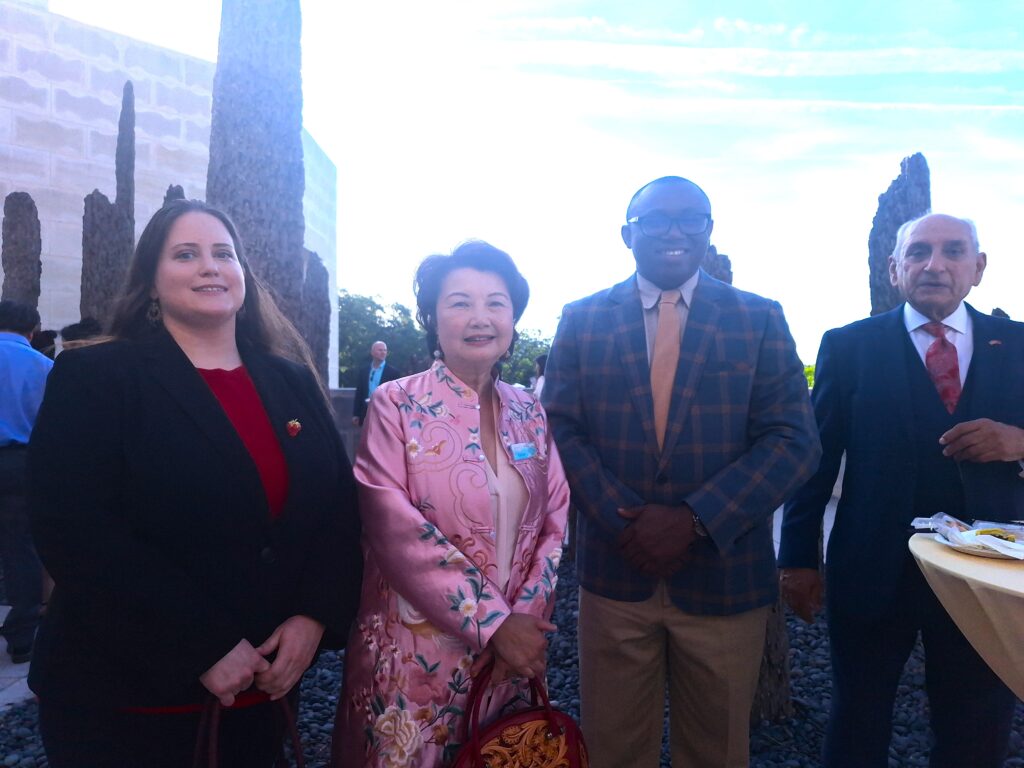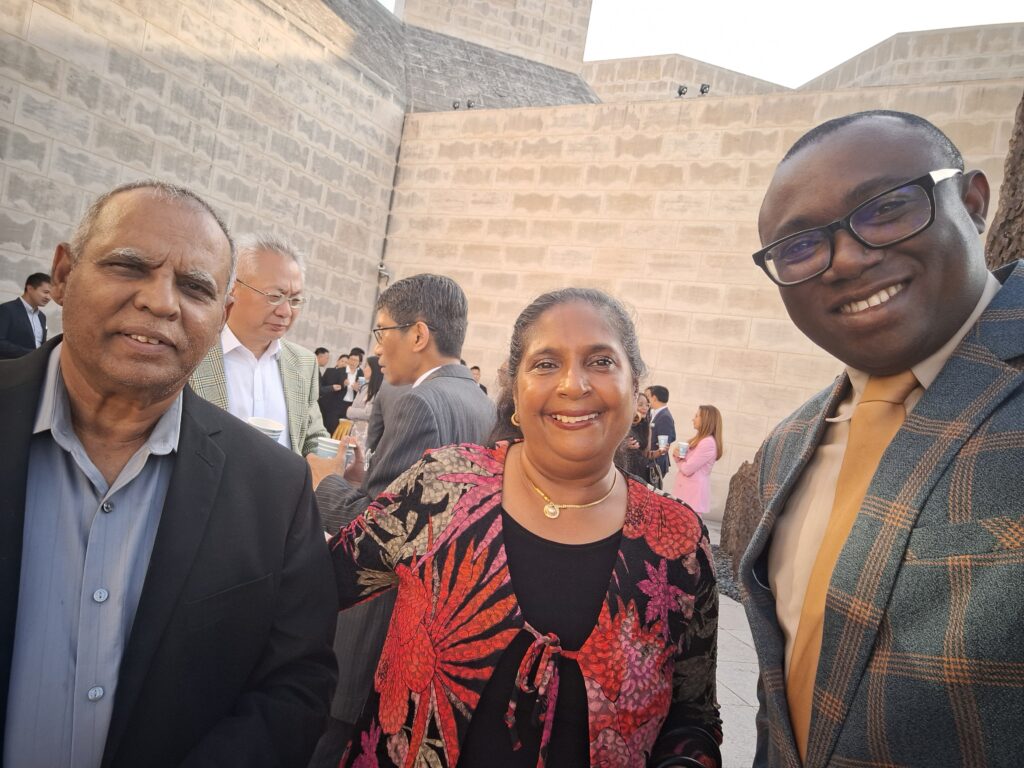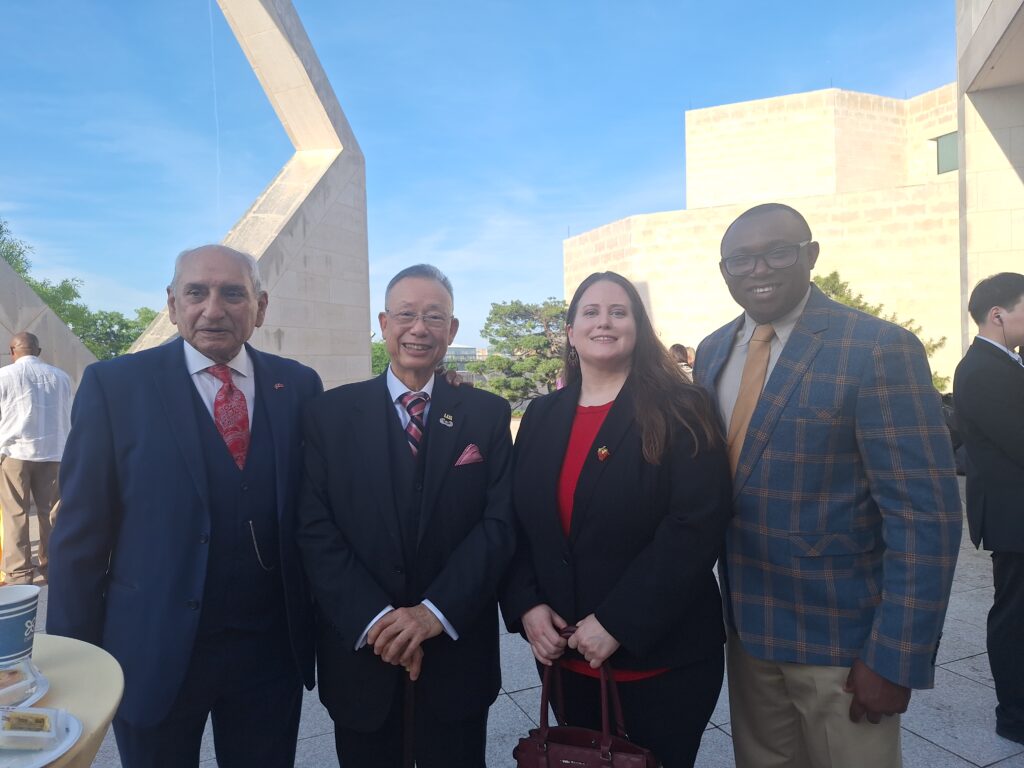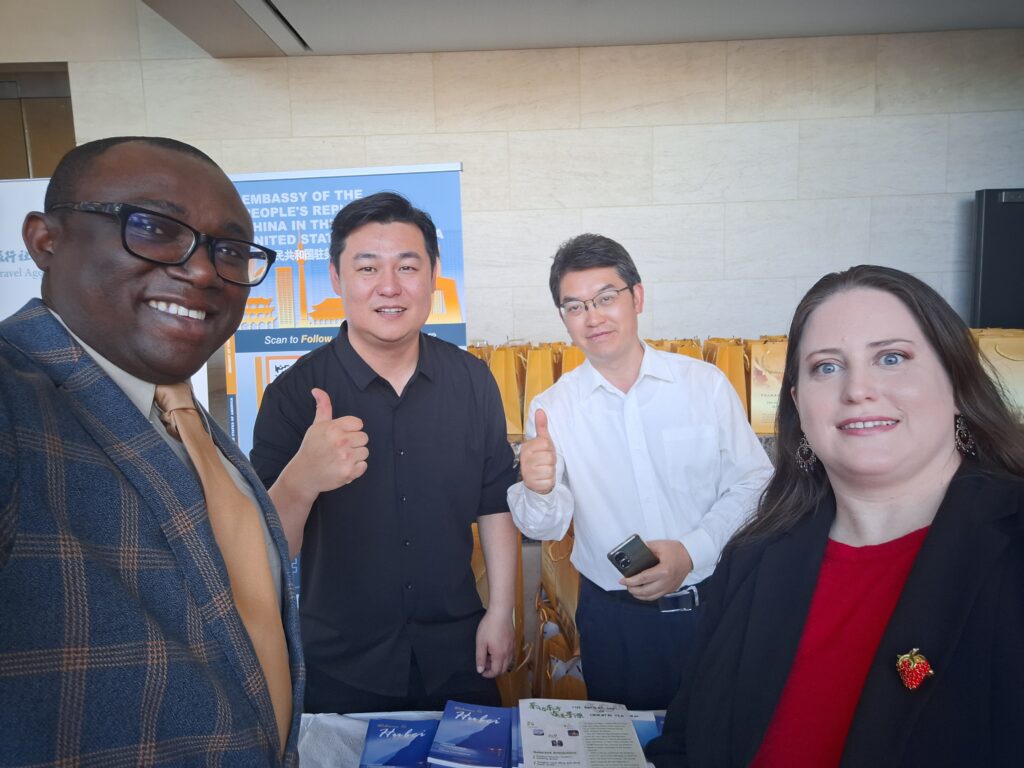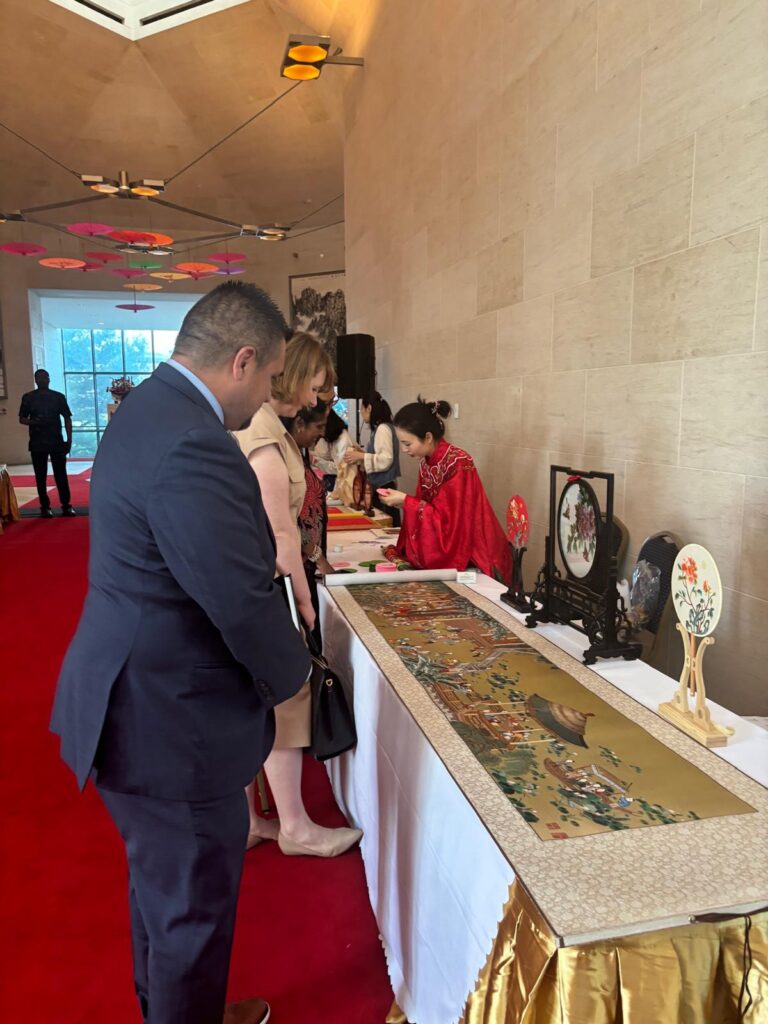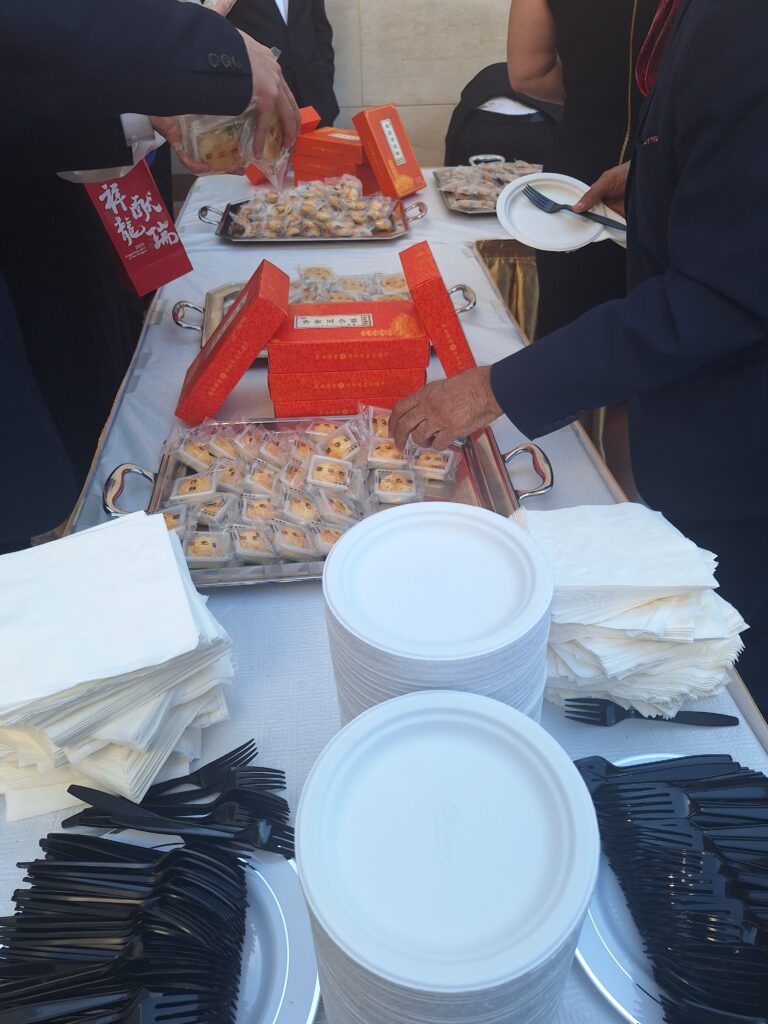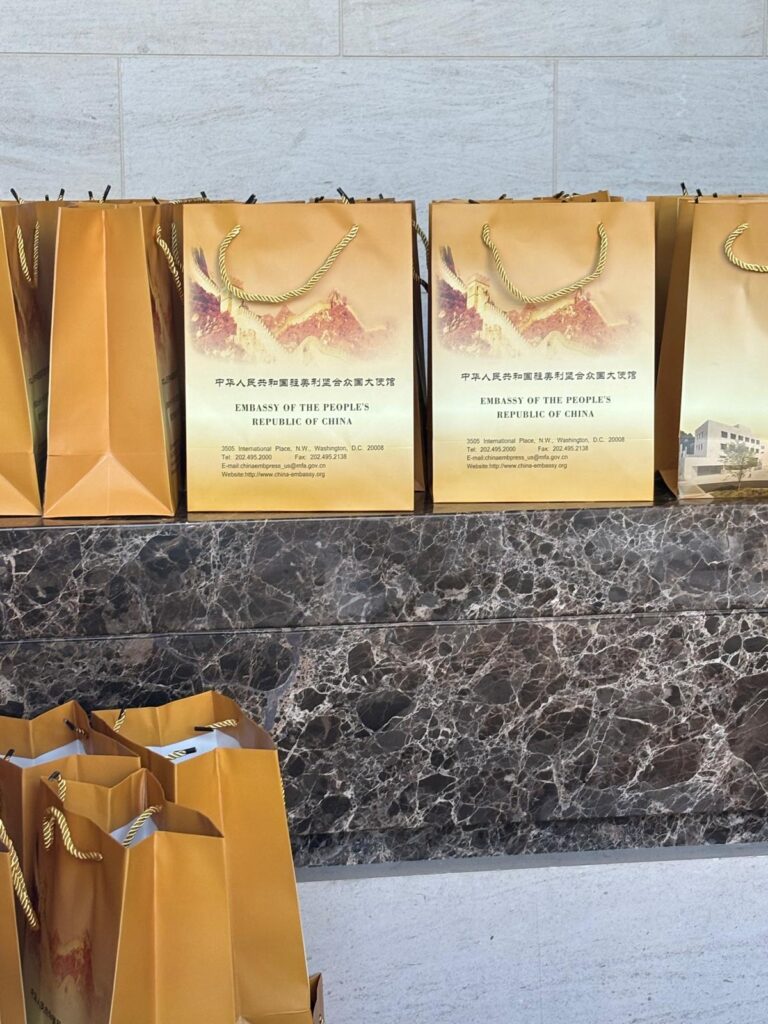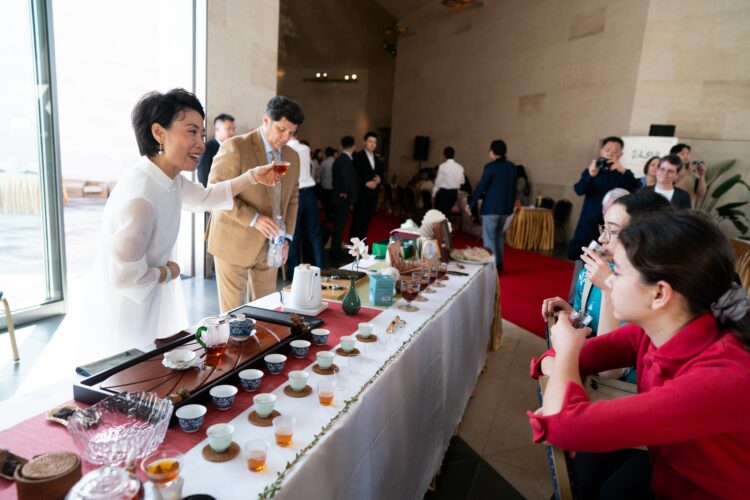The Chinese Embassy in Washington D.C. organized the Tea for Harmony Yaji Cultural Salon on Tuesday, aligning with International Tea Day, which the United Nations observes annually on May 21. This observance began on December 21, 2019, following a resolution that tasked the United Nations Food and Agriculture Organization (FAO) to lead the celebration and recognize tea’s extensive history, and its cultural and economic value globally.
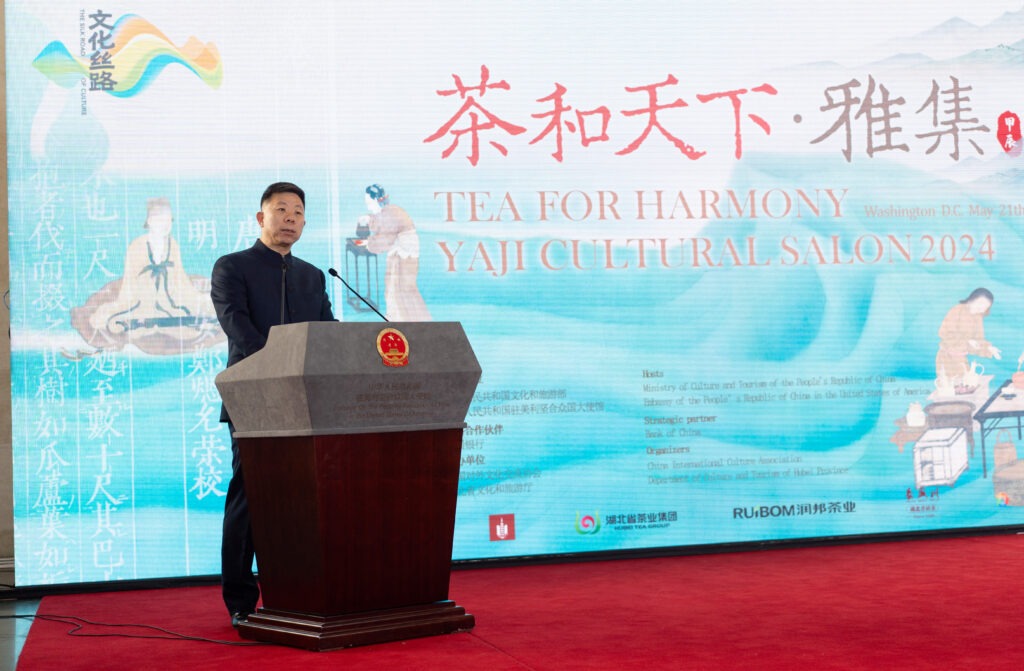
Minister Jing Quan of the Chinese Embassy in the United States opened the event, stressing tea’s value as a symbol of harmony and mutual respect among civilizations. He talked about tea’s role in bridging cultural gaps and promoting prosperity, particularly by lifting Chinese farmers out of poverty. Jing Quan further remarked, “Although the US and China are different in nature, culture and traditions, it has not stopped nationals from both countries to sit down and enjoy tea together.”
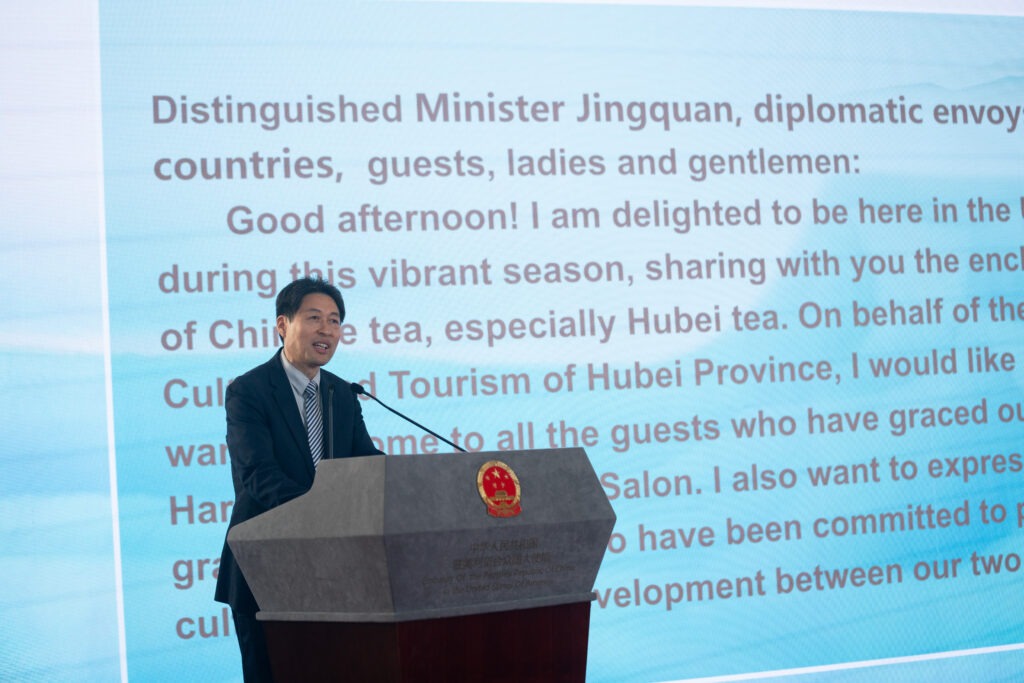
Sun Xu, Deputy Director General of the Department of Culture and Tourism of Hubei Province, followed with a presentation of Hubei’s tea heritage. He outlined the region’s long history of tea cultivation, spotlighting notable teas like Enshi Yulu, Zhaoliqiao Brick Tea, and Changshengchuan Blue Brick Tea.
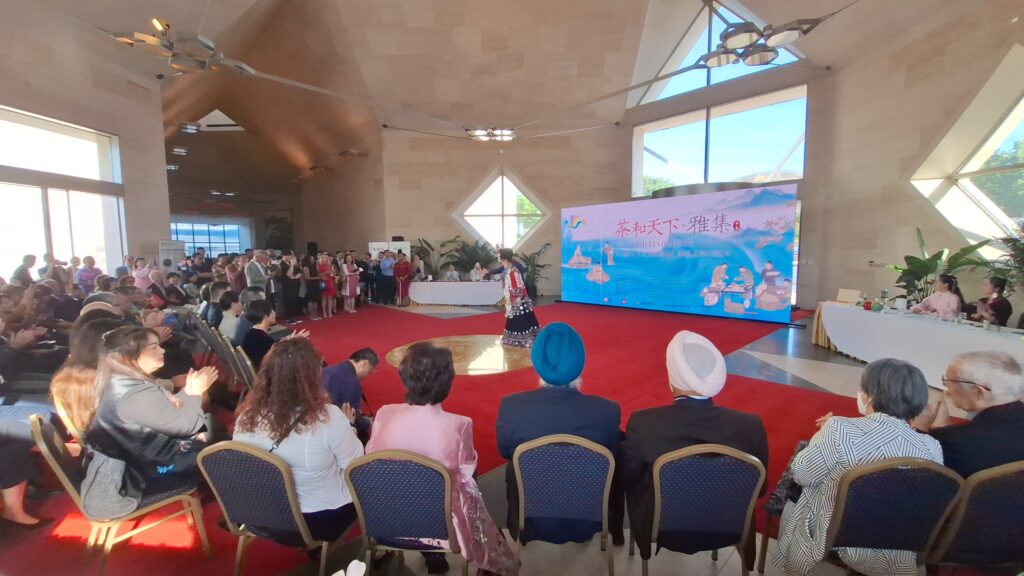
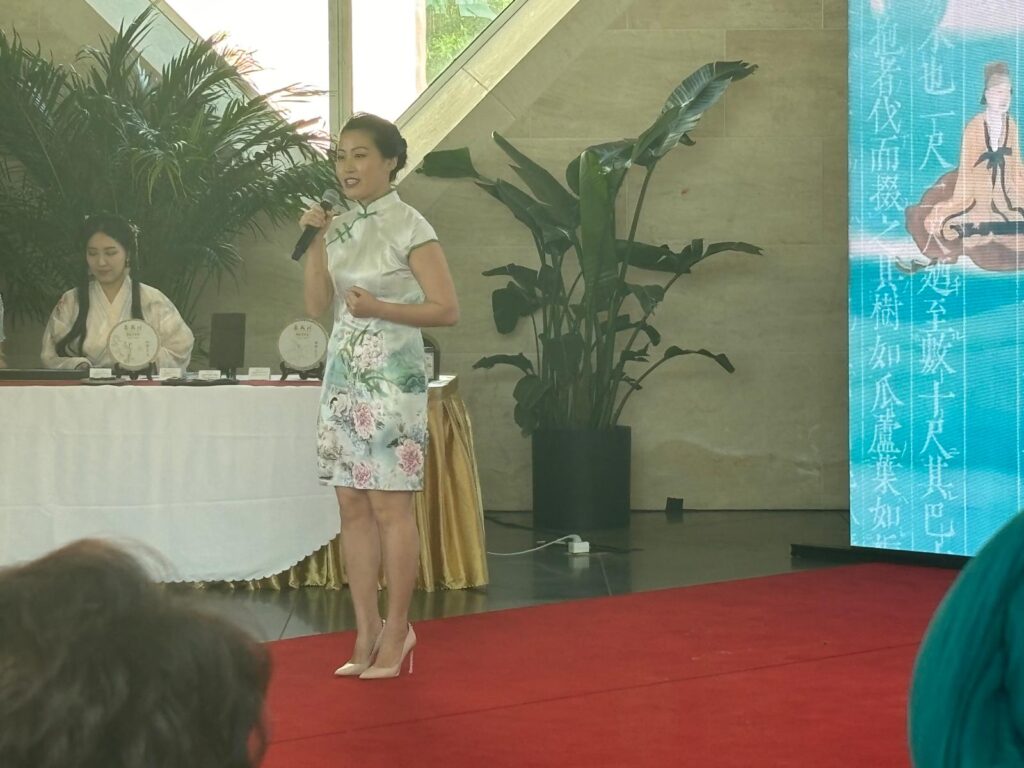
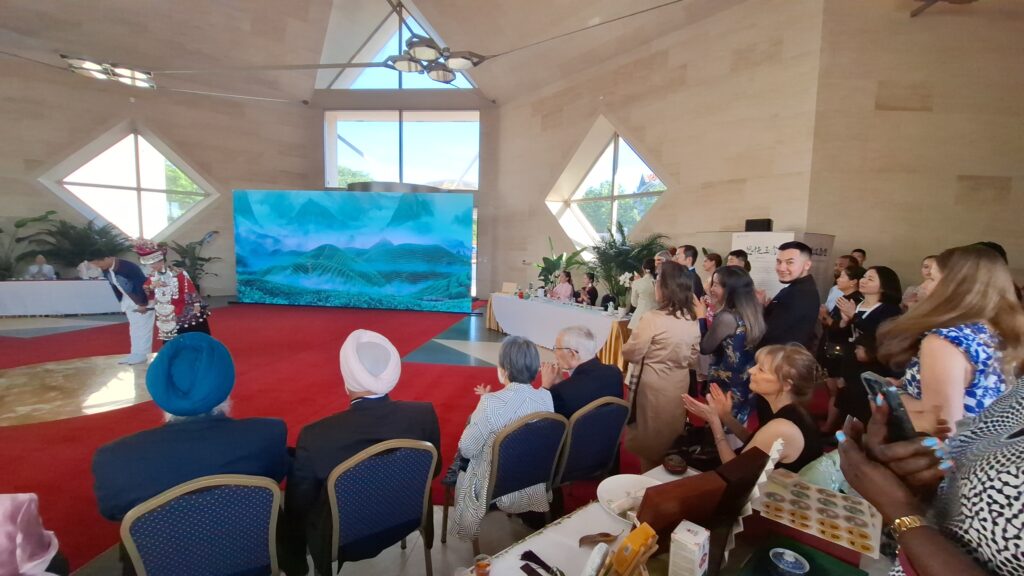
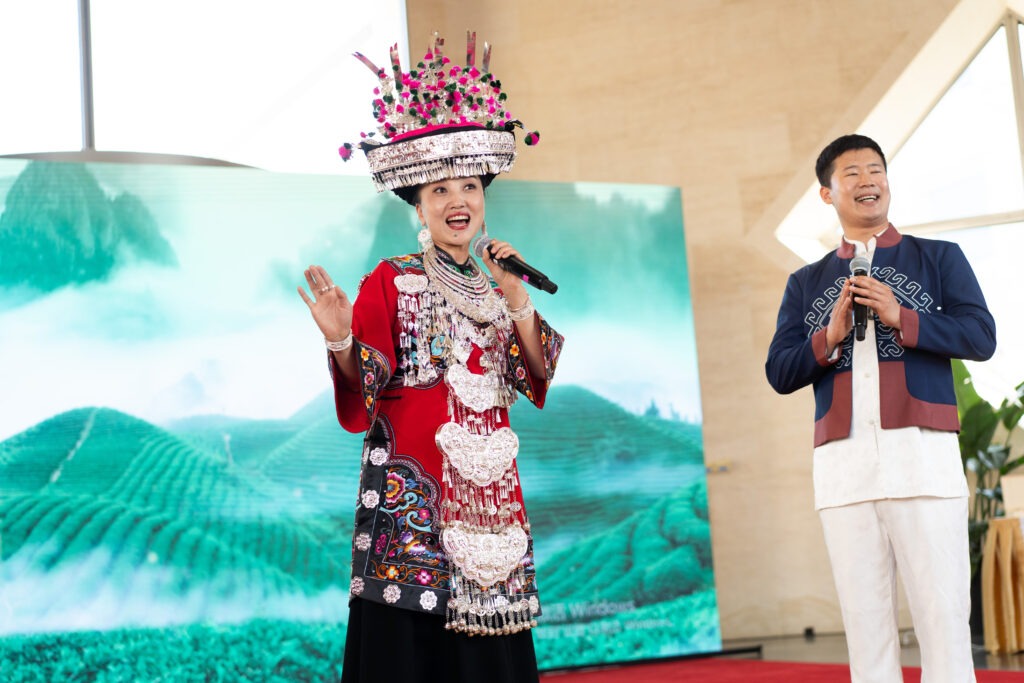
The evening featured enthralling performances by distinguished artists. Ms. Wu Juan and Mr. Yi Hanzhang performed “Six Drinks of Tea,” an energetic adaptation of a traditional Tujia ethnic folk song by renowned musician Mr. Mao Chengdong. Their harmonious voices filled the venue, capturing the festive essence of tea gatherings.

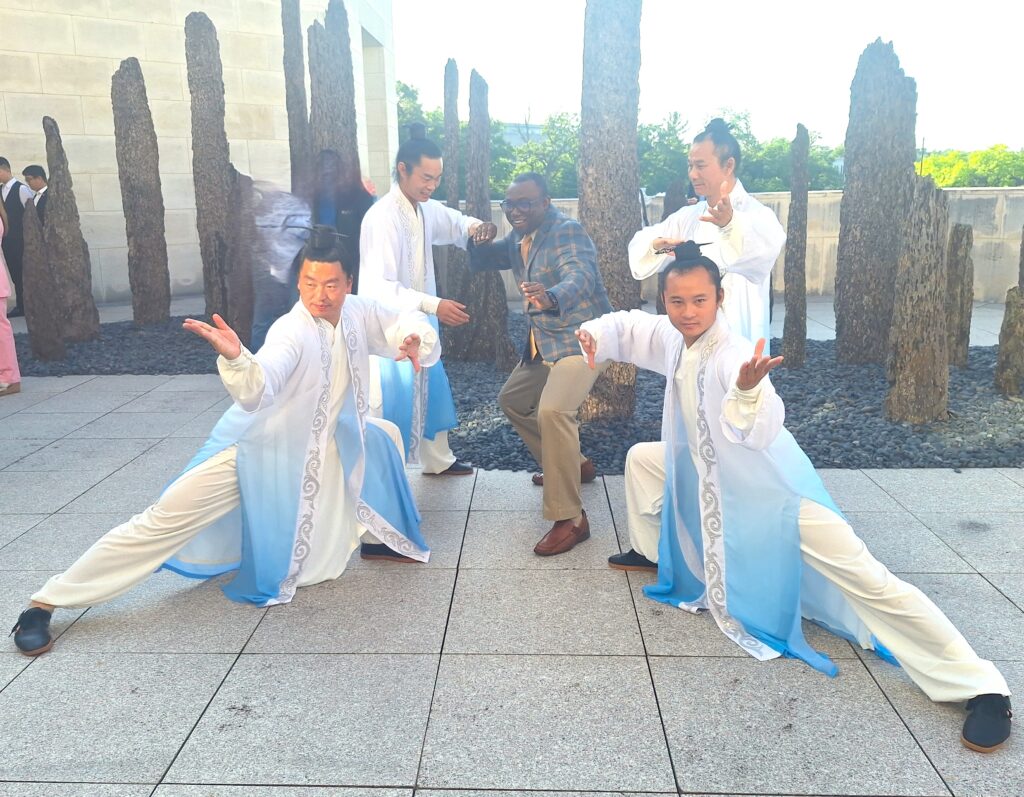
Guests also enjoyed a fascinating kungfu demonstration by a talented Chinese troupe. The performers displayed fluid movements and precise techniques, displaying the grace and discipline inherent in Chinese martial arts.

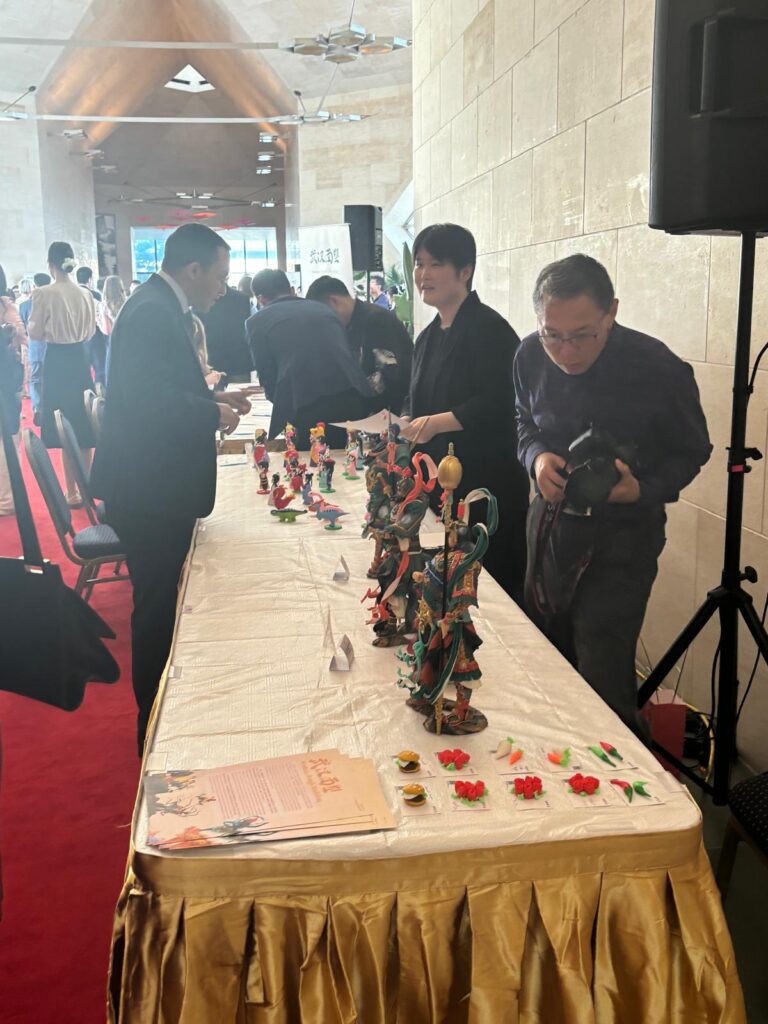
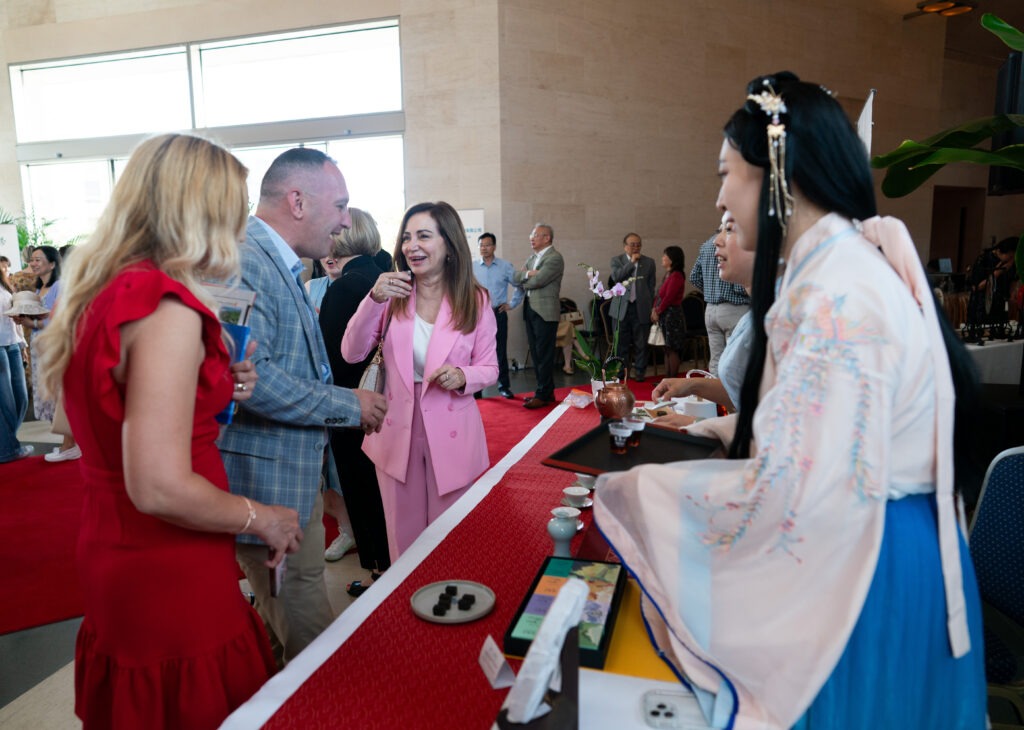
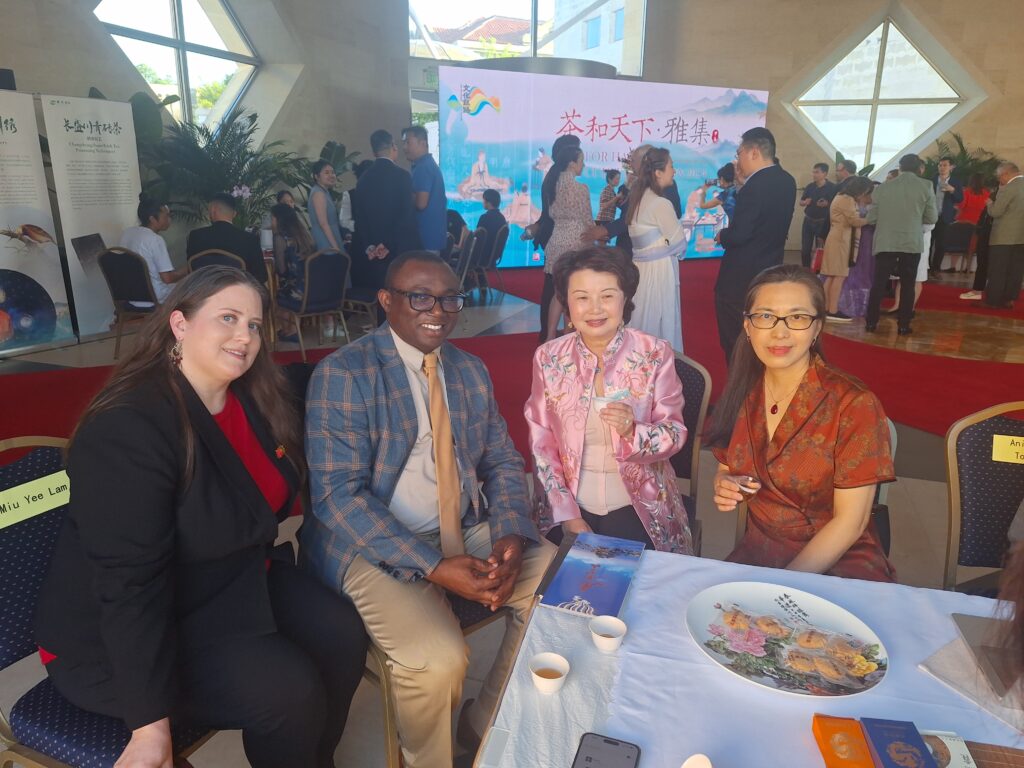
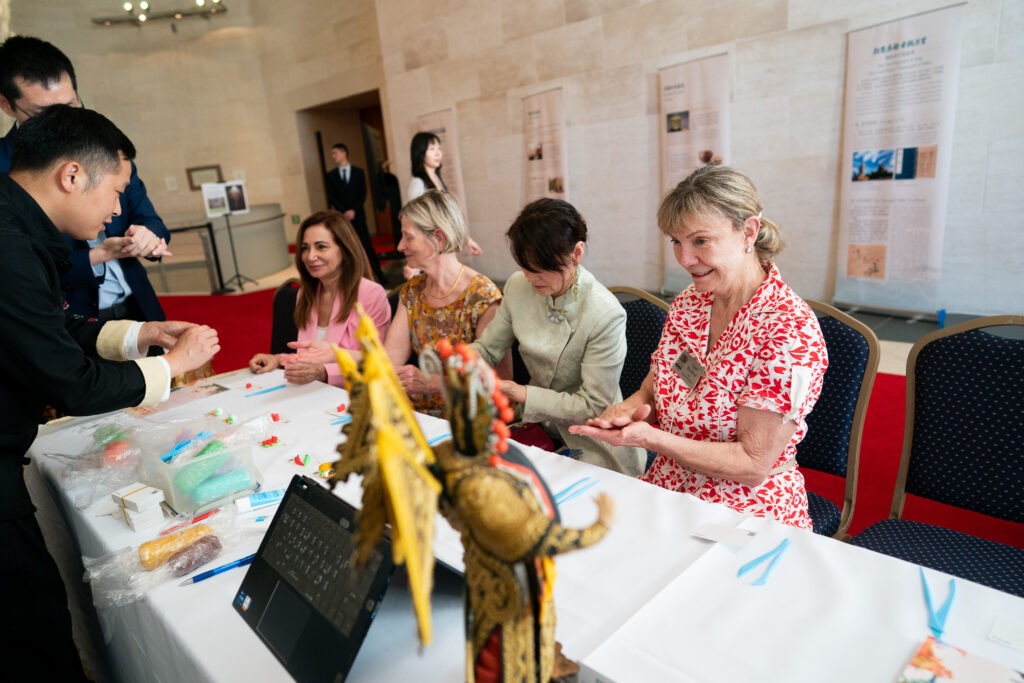
Throughout the event, participants savored an exquisite assortment of teas arranged on decorative tables. From the delicate fragrance of Enshi Yulu to the robust taste of Chibi Blue Brick Tea, each variety offered a distinctive sensory experience, inviting guests to explore the rich flavors of Chinese tea culture.
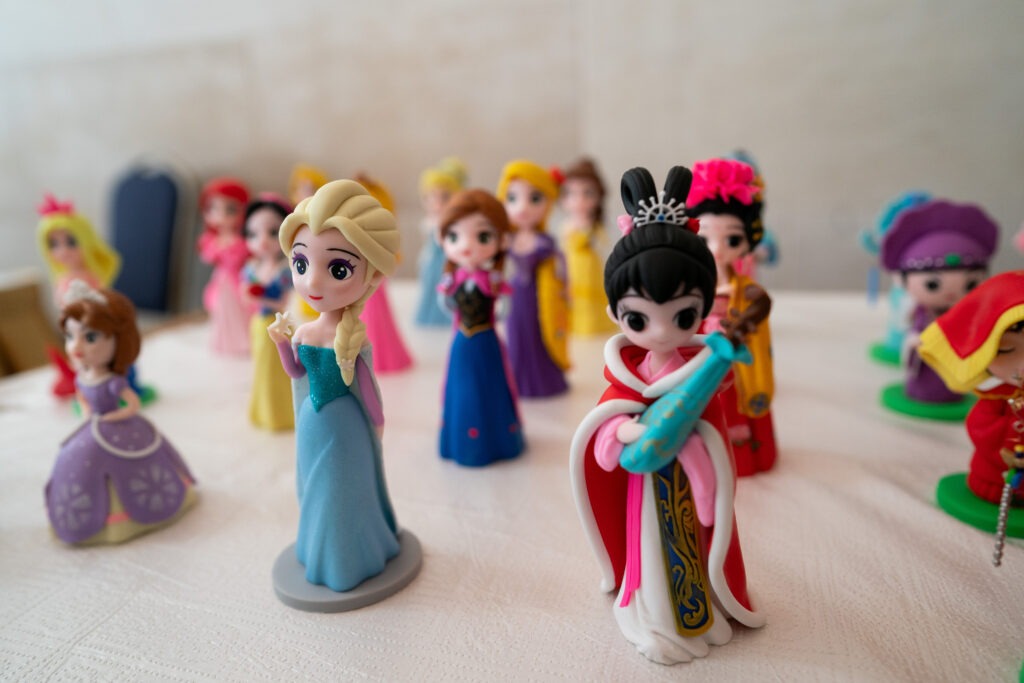
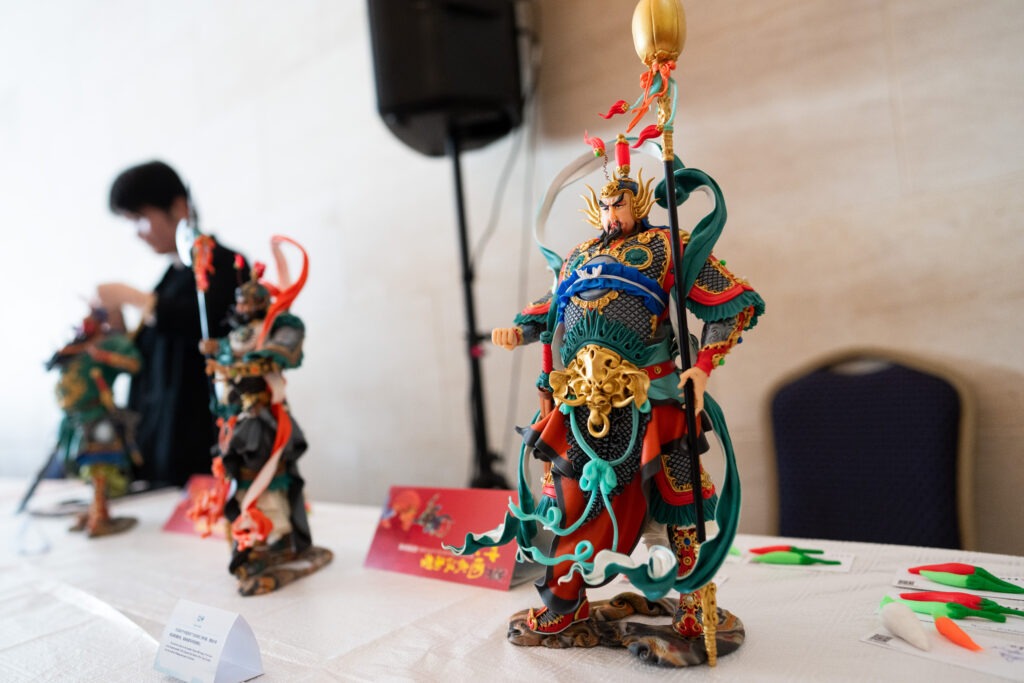
As the event concluded, attendees left with a deeper appreciation for the enduring tradition of Chinese tea and a better understanding of its role in advancing cultural exchange and mutual respect.
